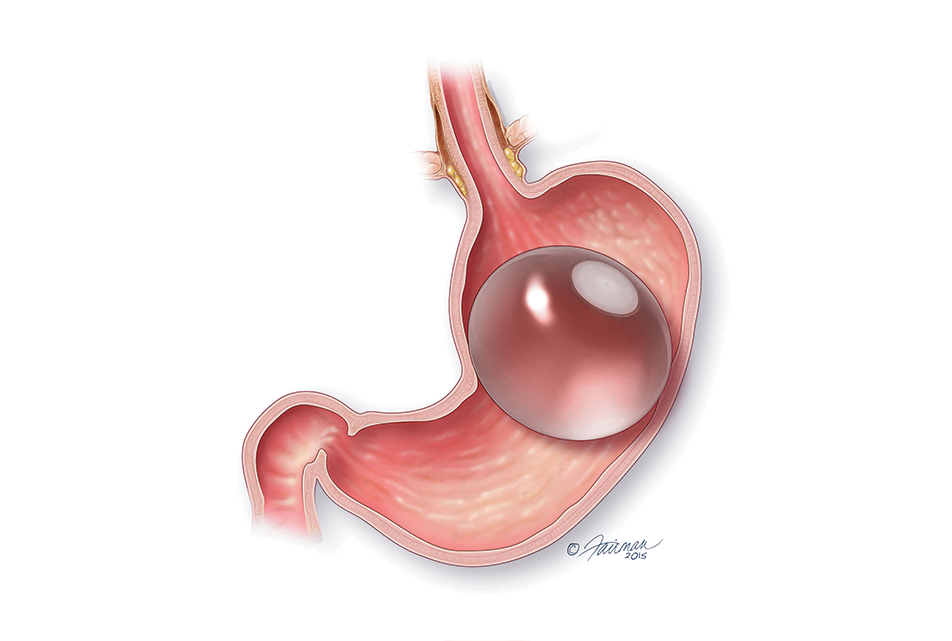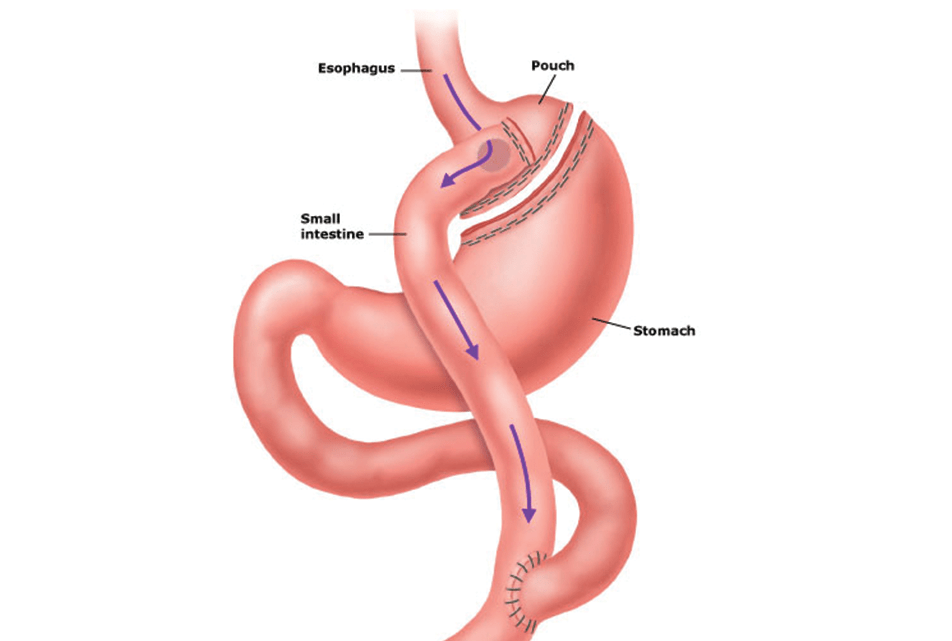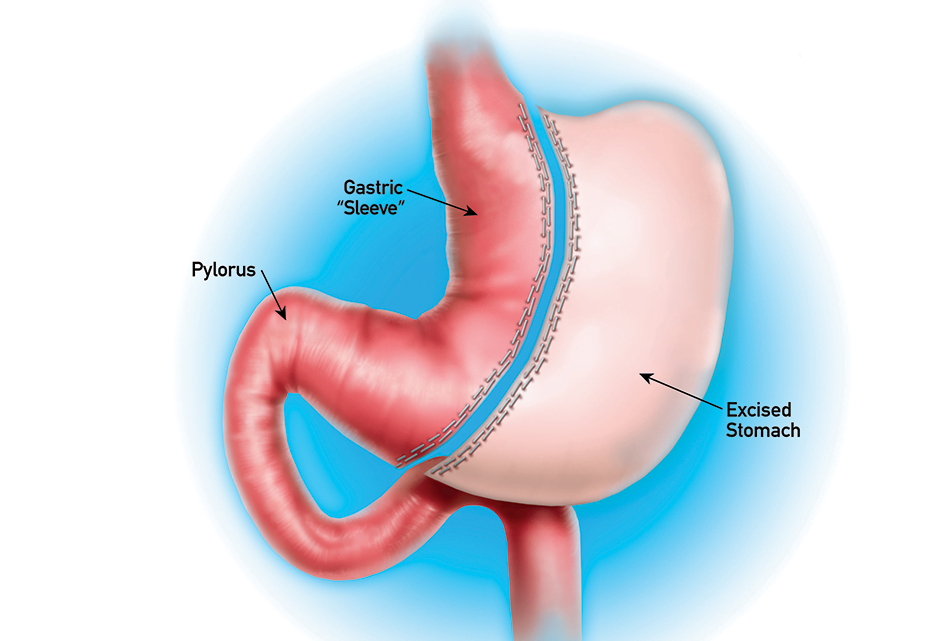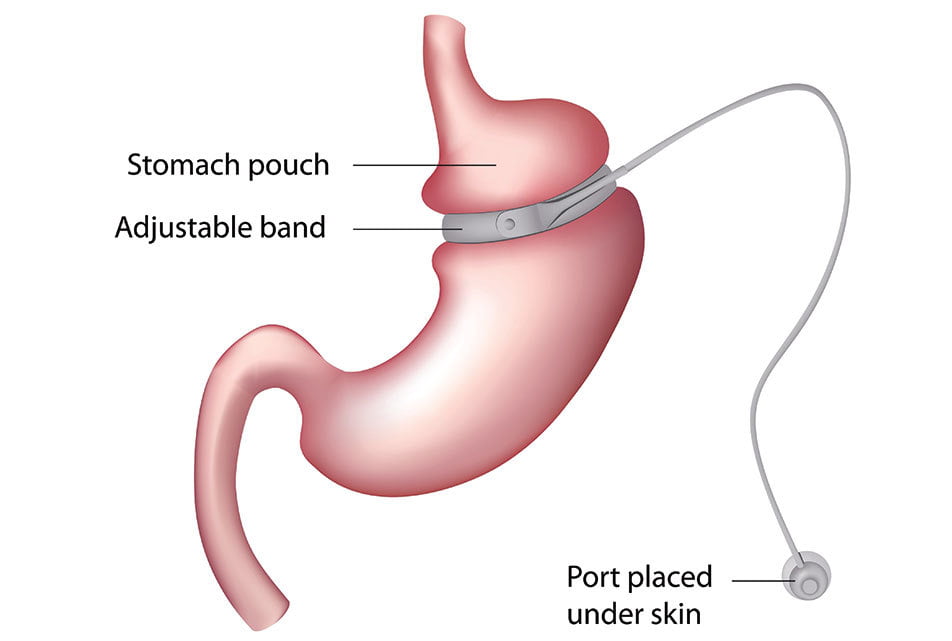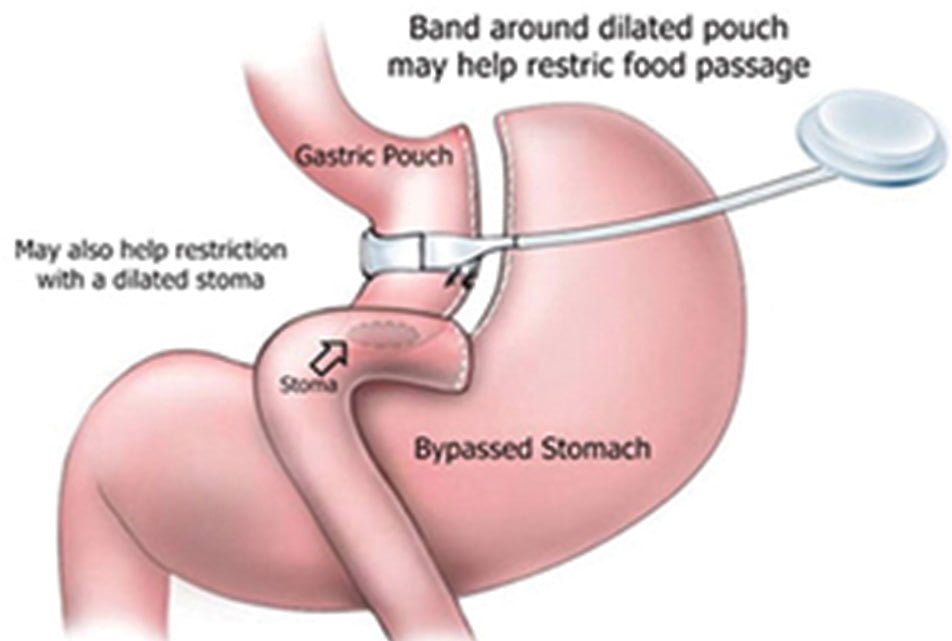Weight Loss Surgery in DeFuniak Springs, FL
If you reside in DeFuniak Springs and are seeking the finest weight loss surgeon in your vicinity, look no further than BMI. With extensive expertise and specialized services, BMI has successfully assisted numerous DeFuniak Springs, FL residents in achieving safe and effective weight loss. We provide a range of surgical options tailored to suit your specific needs and goals, ensuring the most favorable outcomes for you!
Weight Loss Surgery Options:
Bariatric Surgery FAQs
Bariatric surgery is a surgical procedure designed to aid in weight loss for individuals struggling with severe obesity. It works by either reducing the stomach’s size, limiting food intake, or altering the digestive process to promote weight loss. These changes help patients feel fuller sooner and reduce calorie absorption, leading to significant weight loss over time.
Bariatric surgery is typically recommended for individuals with a body mass index (BMI) of 40 or higher (severe obesity) or those with a BMI of 35 to 39.9 with obesity-related health conditions such as type 2 diabetes, high blood pressure, or sleep apnea. Candidates should have tried other weight loss methods without significant success and be committed to making long-term lifestyle changes.
There are several types of bariatric surgery procedures, including gastric bypass, sleeve gastrectomy, adjustable gastric banding (lap band), and biliopancreatic diversion with duodenal switch (BPD/DS). Each procedure has its advantages and considerations, and the choice of surgery depends on individual health factors and weight loss goals.
Bariatric surgery is generally considered safe when performed by experienced surgeons in accredited facilities. However, like any surgical procedure, it carries some risks, including infection, blood clots, and complications related to anesthesia. Patients should thoroughly discuss potential risks and benefits with their healthcare team before deciding to undergo surgery.
After bariatric surgery, patients can expect a significant reduction in their food intake capacity. Initially, they may need to follow a liquid or soft food diet before gradually transitioning to solid foods. Regular follow-up visits with a healthcare team will be essential to monitor progress and adjust the diet and exercise plan accordingly. Patients can experience substantial weight loss over the first year, and long-term success depends on adopting healthy eating habits and staying physically active.
